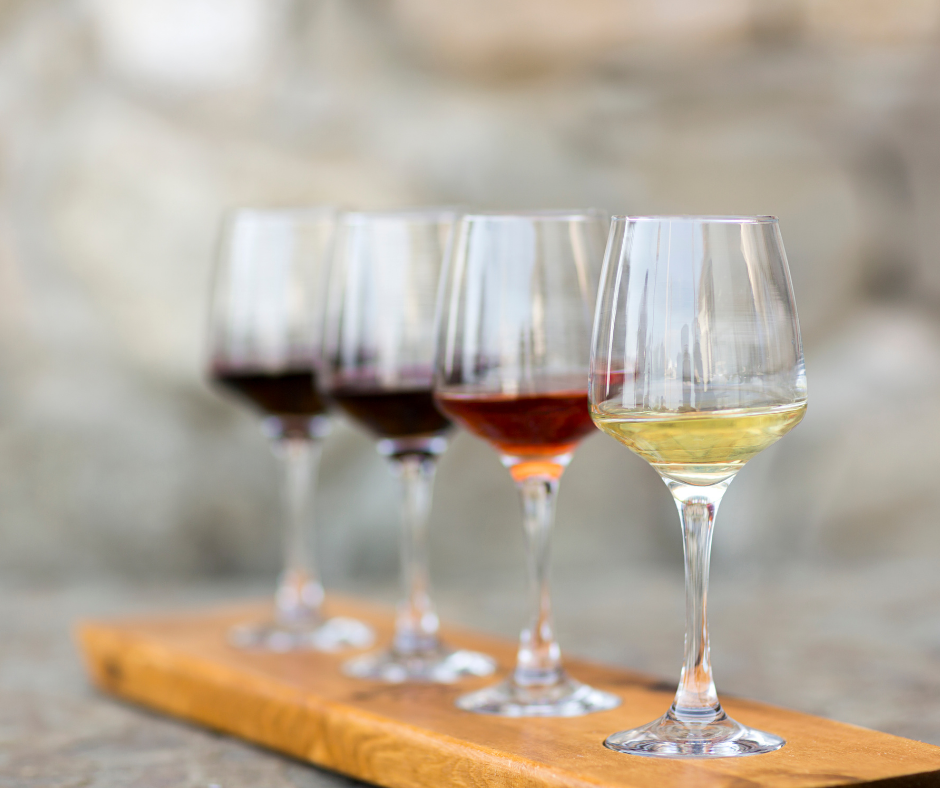Do you know how many calories are there in your glass of wine? And does wine really contain lots of natural antioxidants?
Since alcoholic beverages are not classified as nutritious there is no law requesting wine producers to mention nutritious facts. However, your glass of wine contains more than just grape juice, alcohol, and sugar.
The first most interesting thing to talk about is calories. A 150ml (5oz) glass of wine may contain from 90 to 230 calories depending on the alcohol and sweetness level.
Thus, a glass of dry white wine of 9-12% ABV would have 90-120 calories, while dry white wine of 12-14% ABV would have a higher amount of calories (125-145).
Light alcohol red wine (11-13,5% ABV) would contain 110-140 calories, and one with 13,5-16% ABV – 140-165 calories.
The glass of your favorite bubbly wine with 12,5 ABV with a ‘Brut’ rating would contain around 130 calories.
The most amount of calories can be found in sweet dessert wine (14-21% ABV) – 155-230.
You can also work out the calories content on your own. To do that use the following formula:
158*5*(%alcohol/100)
158 is used in the formula because 1-ounce of pure ethanol has about 158 calories in it. 5 is the number of ounces (we are using a serving of 150ml. If you have more, substitute 5 with the amount of oz you have in your glass). So, for a 150ml of wine (5oz) with 12% ABV, we will have the following formula:
158*5*(12%/100) = 94.8 calories.
The primary source of calories in wine comes from alcohol, thus it also affects the number of carbs in a glass of wine. Generally, you’ll consume under 4 grams of carbs and about 1 gram of sugar when having a glass of dry wine. However, depending on the sweetness the carbs amount can vary from 0 to 20 grams per serving.
There is no fat in wines, as well as no calories are provided from protein.
There are numerous different micronutrients in wine, it provides different vitamins and minerals depending on the type of wine, however, wine can’t really be called a good source of micronutrients in general. What can we find in wine: vitamin B2, vitamin B6, vitamin K, iron, manganese, potassium, phosphorus, fluoride, choline and others.
Wine also has different antioxidants, such as polyphenols, resveratrol and flavonoids, thus some claim that wine has great health benefits.
However, remember like anything good in life, to reap any benefits – it’s important to stay moderate (and always drink responsibly!).





